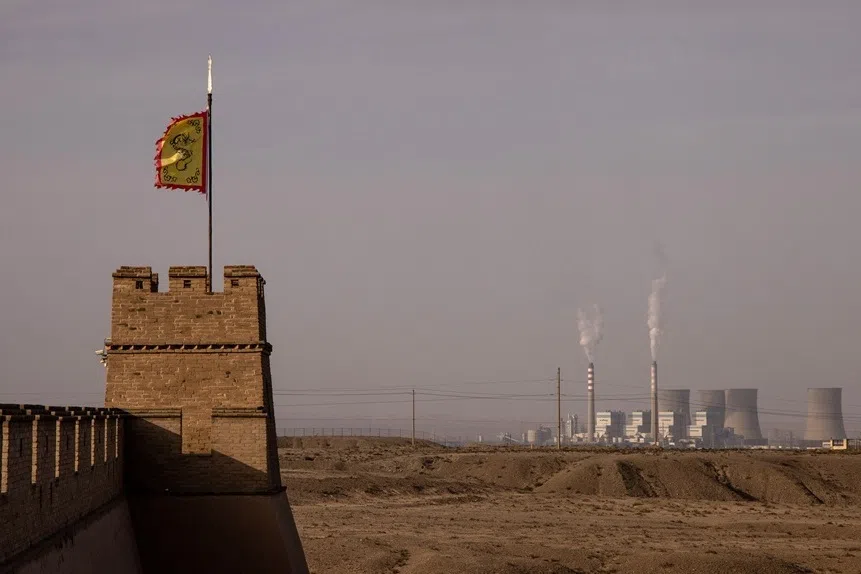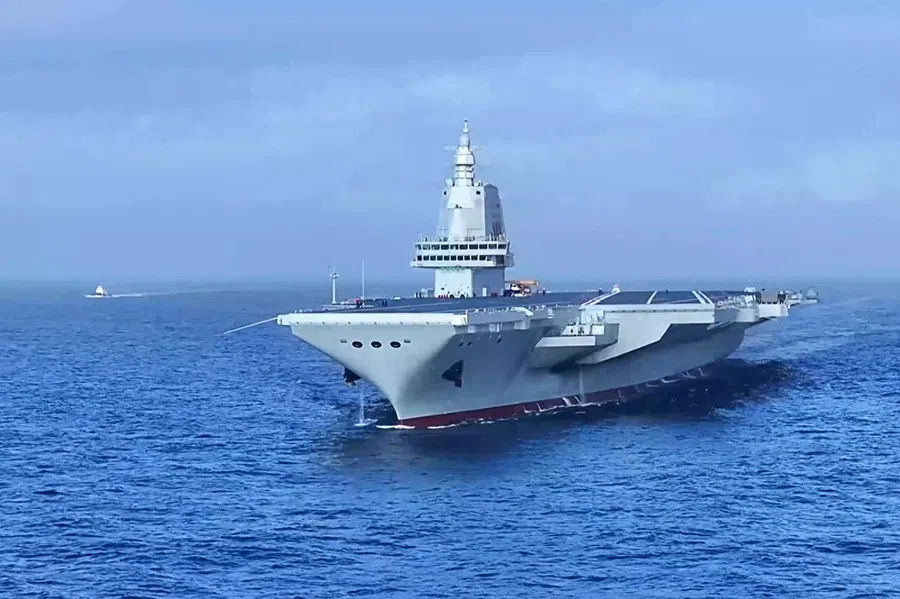How will the Ukraine war affect China's foreign policy?
Previously, promoting peace and development and defending the multipolar international system with the United Nations at its core were the main tenets of Chinese foreign policy. But with its adherence to long-held principles and its stance on the Ukraine war questioned, China will have to conduct multidirectional diplomacy with aplomb to counter the West's deepening sense of distrust.
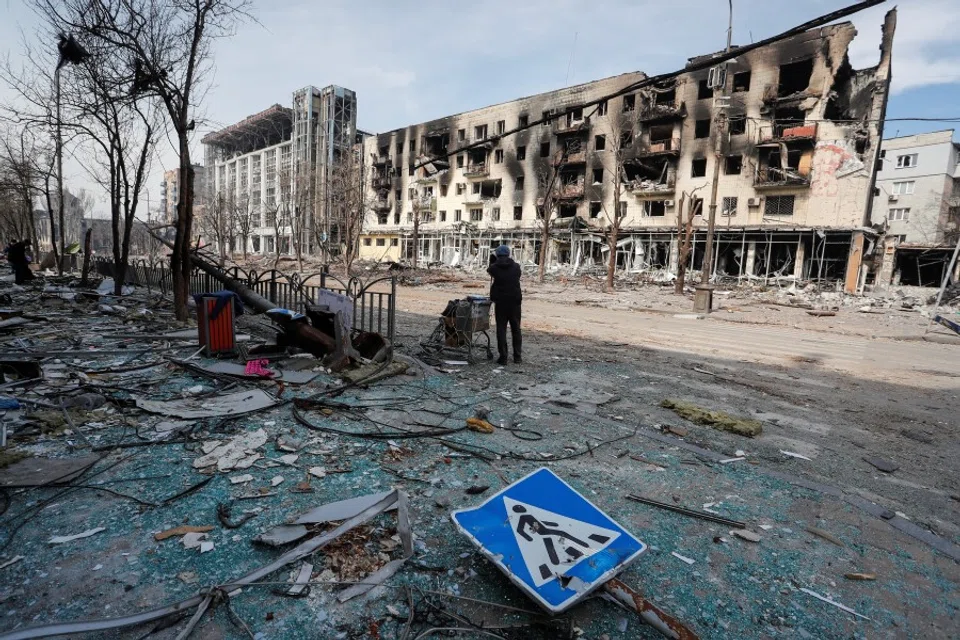
Russia's invasion of Ukraine is an attack on one of China's most cherished foreign policy principles - respect for sovereignty and territorial integrity. Beijing should have condemned Russia's blatant violation of international law, not least because China defends its claim over Taiwan based on the same principle.
The fact that China has not spoken out openly against Russia's invasion reflects the dilemma China faces in its foreign policy today. The fundamental questions are: What are the objectives of Chinese foreign policy? What are the obstacles to achieving these objectives? And how will the Ukraine war affect China's foreign policy?
Promoting peace and development and defending the multipolar international system with the United Nations (UN) at its core have been China's main foreign policy objectives since Deng Xiaoping spearheaded reform and opening up in the late 1970s. Initially, Western countries warmly welcomed China's shift to economic development from the chaos of the Cultural Revolution by investing profusely in China, sharing technologies and management knowhow through joint ventures, and helping China integrate into the international system including the World Trade Organization. China followed the tao guang yang hui (韬光养晦) strategy to keep a low profile in international affairs so as to concentrate on domestic development.
This strategy largely succeeded and catapulted China to a top spot in the global economy. By 2010, China had displaced Japan to become the world's second largest economy, a position Japan had held for decades. As China continued to narrow the gap with the US, Americans became increasingly anxious about the prospect that China would unseat the US as the world's dominant power.
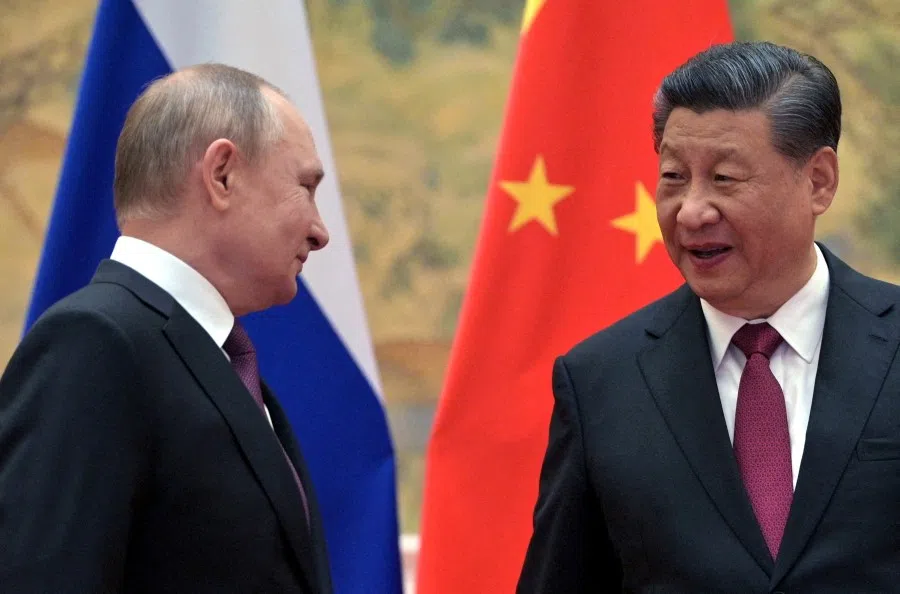
During the Barack Obama administration (2009 to 2017), President Obama started to pay more attention to China by declaring himself a "Pacific president" and introducing the "pivot" strategy to rebalance US diplomatic and military resources towards Asia. The Donald Trump administration (2017-2021) adopted the "whole of government" and "whole of society" approaches to challenge China. The bilateral relationship used to be characterised by both cooperation and competition, but it became confrontational during much of President Trump's term. President Joe Biden reversed some of Trump's combative tactics but largely inherited his Indo-Pacific strategy to compete with China while downplaying areas of cooperation.
Xi Jinping and helping China become powerful
Meanwhile, President Xi Jinping has emerged as a strong leader since assuming the Communist Party's top position in 2012. Riding on high nationalism borne out of China's remarkable achievements, Xi has modified China's foreign policy to be commensurate with its power and interests.
Inside China, people tend to credit Mao Zedong for helping China to stand up (zhan qi lai), Deng for helping China to become rich (fu qi lai), and Xi for helping China to become powerful (qiang qi lai). Despite crackdowns on dissents and tighter control on society, Xi seems to enjoy firm support within the party. Barring major unexpected disruptions, Xi is virtually certain to start his third term as the general secretary of the Communist Party in fall 2022 and continue to serve as president of the country in spring 2023.
Chinese foreign policy in the Xi era has gradually shifted from tao guang yang hui to you suo zuo wei (有所作为) - from staying low-key to striving to achieve something.
There is no indication that he will adjust key domestic and foreign policies in the near term. Combating the pandemic, meeting the annual growth targets, maintaining social stability, and working towards realising the Chinese dream remain priorities of Xi's internal and external policies.
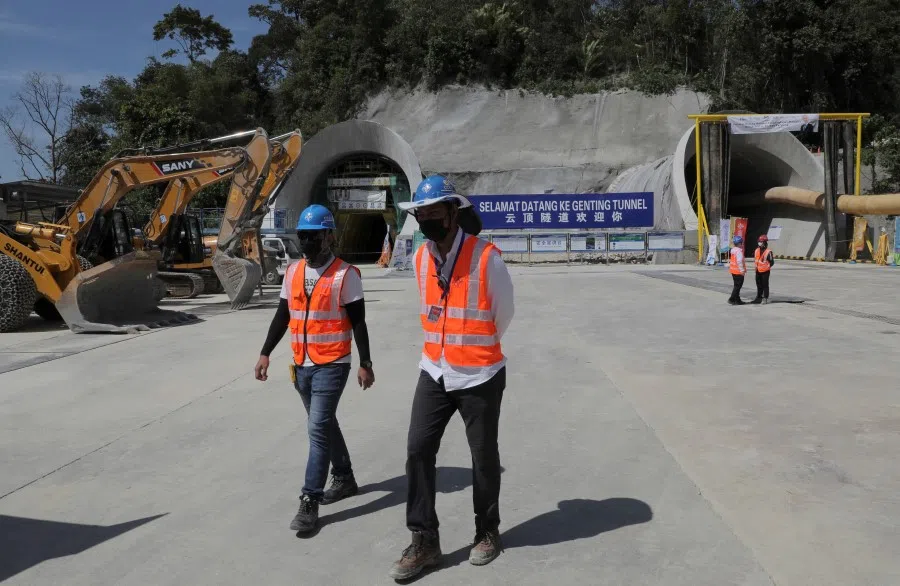
Chinese foreign policy in the Xi era has gradually shifted from tao guang yang hui to you suo zuo wei (有所作为) - from staying low-key to striving to achieve something. The hallmark of President Xi's foreign policy is the Belt and Road Initiative (BRI), through which China aims to expand trade and investment, build connectivity and enhance its influence globally. With the dual crises of the Russia-Ukraine war and the unabating pandemic, how China will proceed with the BRI projects has become a challenge.
There is a perceptual gap between China and other countries in interpreting China's foreign policy. For example, recent Chinese policies in the South China Sea and towards a few countries such as Australia, Canada and Lithuania have been described as being assertive and aggressive by foreign analysts. However, discontented Chinese citizens have reportedly sent calcium pills to the Chinese foreign ministry to urge Chinese diplomats to build strong spines in order to respond more forcefully to perceived foreign provocations.
The critical US-China relationship
In the near future, a competitive, and oftentimes confrontational US-China relationship remains the biggest challenge in China's foreign policy. The Ukraine crisis has deepened the distrust between China and the US and its allies. As the strategic rivalry between China and the US intensifies and China's relations with major Western powers remain tense, China cannot afford to lose Russia as an important partner in international affairs.
The US and the EU have urged China to join them in condemning and sanctioning Russia. However, China has conflicting interests in the current crisis: it opposes war in general and respects Ukraine's sovereignty, but it also values Russia's geopolitical importance. This explains Beijing's neutral position and its call for ending the war through diplomacy.
China is likely to continue to follow an independent foreign policy and conduct multidirectional diplomacy, with a focus on its immediate neighbourhood. It will consolidate its image as a leader in the developing world and a responsible neighbour in Asia.

The 2022 US National Defense Strategy released at the end of March 2022 lists China as the top US defence priority despite the ongoing war in Ukraine. This makes any meaningful cooperation between the US and China to end the war very difficult. It's baffling that Washington is pressuring China to sanction Russia while continuing to view China as the main adversary. The conundrum China faces is reflected in a tweet sent by Liu Xin, a prominent anchorwoman for the English-language TV channel CGTN, who wrote: "Can you help me fight your friend so that I can concentrate on fighting you later?"
Looking ahead, China is likely to continue to follow an independent foreign policy and conduct multidirectional diplomacy, with a focus on its immediate neighbourhood. It will consolidate its image as a leader in the developing world and a responsible neighbour in Asia. For example, China recently hosted a series of multilateral meetings about the economic and humanitarian crisis in Afghanistan. It is also reportedly discussing with Pakistan and Afghanistan to extend the China-Pakistan Economic Corridor to Afghanistan. Chinese Foreign Minister Wang Yi attended the Organisation of Islamic Cooperation (OIC) conference in Pakistan as a special guest before heading to India and Nepal in March 2022.
Concerned that a new president from the conservative camp in South Korea may have a negative impact on China-South Korea relations, President Xi has reached out to President-elect Yoon Suk-yeol twice since the 9 March South Korean election to build rapport, first sending a congratulatory cable and then speaking to him on the phone.
Though China will not construct a military base there, the Solomon Islands has become a foothold of China's economic and diplomatic expansion into the South Pacific and a springboard for the BRI to Latin America.
Shoring up relationships with neighbours and regional strategic partners
China has been ASEAN's largest trading partner since 2008 and ASEAN became China's largest trading partner in 2020, with its trade volume in 2021 hitting US$878.2 billion. As US-China competition continues in Southeast Asia, China will strive to maintain close ties with Southeast Asian countries. The planned US-ASEAN summit at the end of March 2022 was indefinitely postponed, ostensibly due to scheduling difficulties to get all ASEAN leaders to travel to Washington. Singaporean Prime Minister Lee Hsien Loong became the only ASEAN leader who visited the US as scheduled. Interestingly, at the same time, foreign ministers of Thailand, Myanmar, the Philippines, and Indonesia all travelled to China.
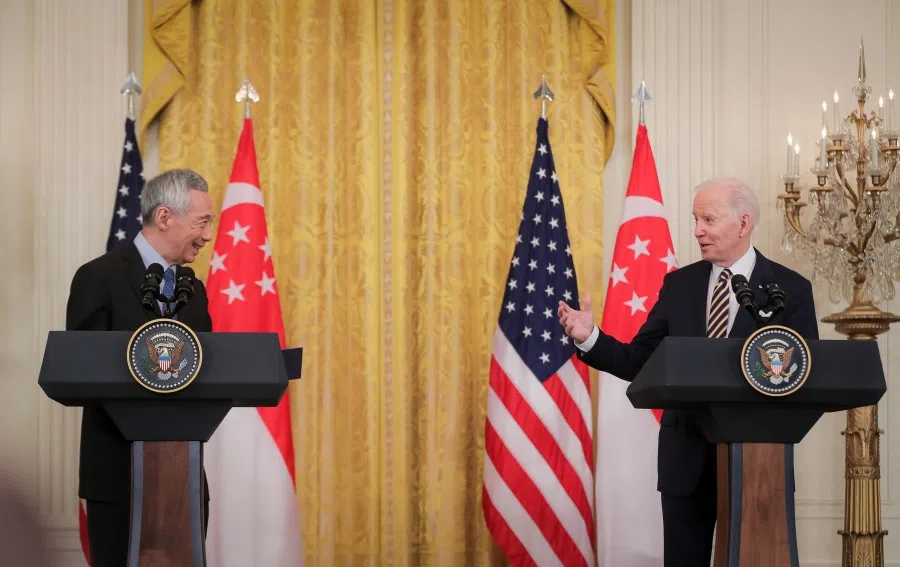
As its interests grow around the world, China is also expected to boost its diplomatic and even military presence overseas. It built a military support base in Djibouti in 2016, and recently drafted a security cooperation agreement with the Solomon Islands. Though China will not construct a military base there, the Solomon Islands has become a foothold of China's economic and diplomatic expansion into the South Pacific and a springboard for the BRI to Latin America.
Both Russia and Ukraine are friendly countries and security partners for China. China has been Ukraine's largest trading partner since 2019, with a trade turnover of S$15.42 billion in 2020. China and Ukraine have cooperated closely in the military sphere and space industry, with some significant bilateral projects, including the Chinese purchase of the Ukrainian aircraft carrier Varyag in 1998, which China refurbished and turned into its first aircraft carrier Liaoning in 2012.
China and Russia have dynamic trade relations in addition to their security partnership. Bilateral trade hit US$147 billion in 2021 and is expected to rise to US$200 billion by 2024. Since 2010, China has been the largest trading partner of Russia, and in 2014 the two countries signed a 30-year gas deal worth $400 billion, with deliveries to China starting in late 2019.
It is in China's interest to work with other powers to mediate between Russia and Ukraine so that they can reach a ceasefire soon. This will help improve China's international image and give credence to its claim as a peaceful and responsible power.
However, today's international politics, featuring frosty US-China relations and deepening distrust between China and the West, has reduced the likelihood of China's cooperation with other powers on this critical issue. The Russia-Ukraine war has exacerbated major challenges in China's foreign policy. Bumpy roads lie ahead as China muddles through this crisis and pursues its long-term foreign policy goals.
Related: Will China condemn Russia over reports of war crimes in Ukraine? | Will China be emboldened by Russia's invasion of Ukraine? | Russia-Ukraine war: Implications for China and the Indo-Pacific | Does Beijing benefit from US-Russia confrontation over Ukraine? | How the Ukraine war will reshape the EU's approach to China and Indo-Pacific

